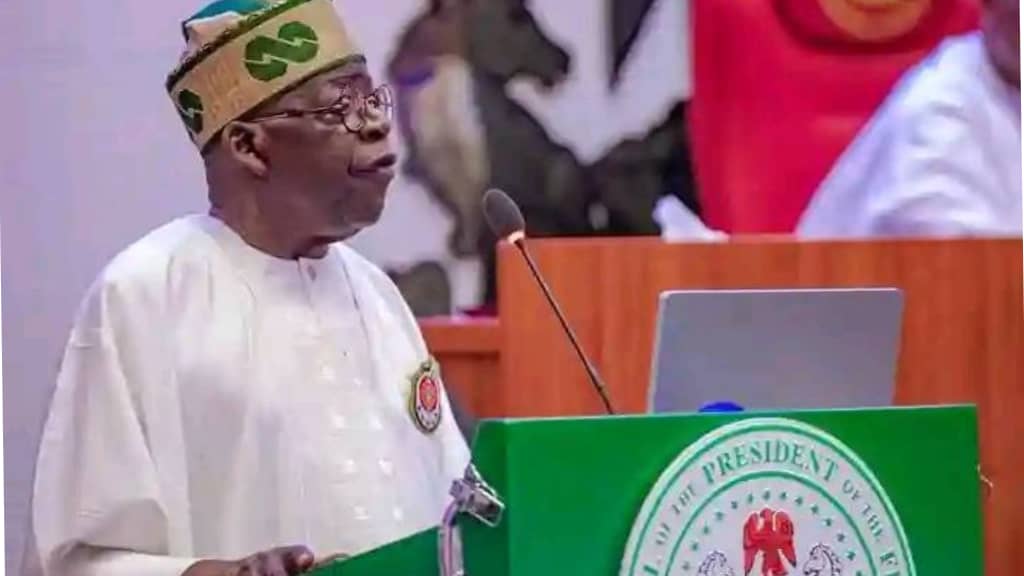Headlines
N5.43 trillion allocated to Defence and Education in 2024 budget

With a total of N3.25 trillion, or 12% of the appropriations bill, the Defence and Security sector has received the greatest share of sectoral allocations of the N27.5 trillion 2024 budget proposal’s aggregate expenditure.
The Education Sector comes next, with an estimated spending of N2.18 trillion, or 7.9 percent of the total budget.
Of this total, N1.23 trillion has been set aside for the Universal Basic Education Commission (UBEC) and its agencies (recurrent and capital expenditures), N251.47 billion for the Federal Ministry of Education and its agencies, and N700 billion for transfers to the Tertiary Education Trust Fund (TETFUND) for tertiary institution infrastructure projects.
The health sector receives N1.33 trillion in the 2024 budget, or 5% of total planned spending, making it another important allocation.
The Federal Ministry of Health and its agencies (recurrent and capital expenditure) have been allocated N1.07 trillion from this amount. Gavi/Immunization funds, including counterpart funding for donor-supported programmes, have been allocated N137.21 billion, and N125.74 billion has been set aside for transfer to the Basic Healthcare Provision Fund (BHCPF), representing 1% of CRF.
Amounts allocated to Infrastructure: N1.32 trillion, or 5% of the Budget, covers provisions for Works & Housing, Power, Transport, Water Resources, and Aviation; Social Development & Poverty Reduction Programmes receive N534 billion, or 2% of the Budget. This sum has been set aside for programmes aimed at reducing poverty and making social investments.
Sen. Abubakar Atiku Bagudu, Minister of Budget and Economic Planning, provided these numbers on Wednesday as part of an analysis and summary of the proposed executive budget for 2024.
He noted that in light of ongoing local and international difficulties, the draught 2024 budget was created.
READ ALSO: Tinubu’s budget for 2024 lacks transparency and is misleading — PDP
“Overall, fiscal risks have increased, following structural issues in the domestic economy and weaker-than-expected domestic economic performance,” he stated.
The Minister stated that the government is examining current tax and fiscal policies in an effort to increase revenue collection, acknowledging that revenue generation is still the primary fiscal restriction on Nigeria’s fiscal viability.
He stated that the goal is to raise the revenue to GDP ratio from less than 10% to 18% under this administration, but that the main focus of efforts would be on enhancing the efficiency and administration of tax collection.
The Minister declared, “The government would work to further reduce money leakages by putting important public finance management reforms into practise.
Through carefully calibrated regulatory and policy measures intended to increase domestic value-adding, de-risk the business climate, draw in outside investment and funding sources, etc., the purpose of fiscal interventions will be to further stimulate the economy.
“The government is still cognizant of the need to establish safety nets to mitigate the effects of reform initiatives on the most vulnerable populations.”
He restated that the government’s macro-fiscal and sectoral goals will be greatly aided by the early adoption of the budget, which will take effect on January 1.
